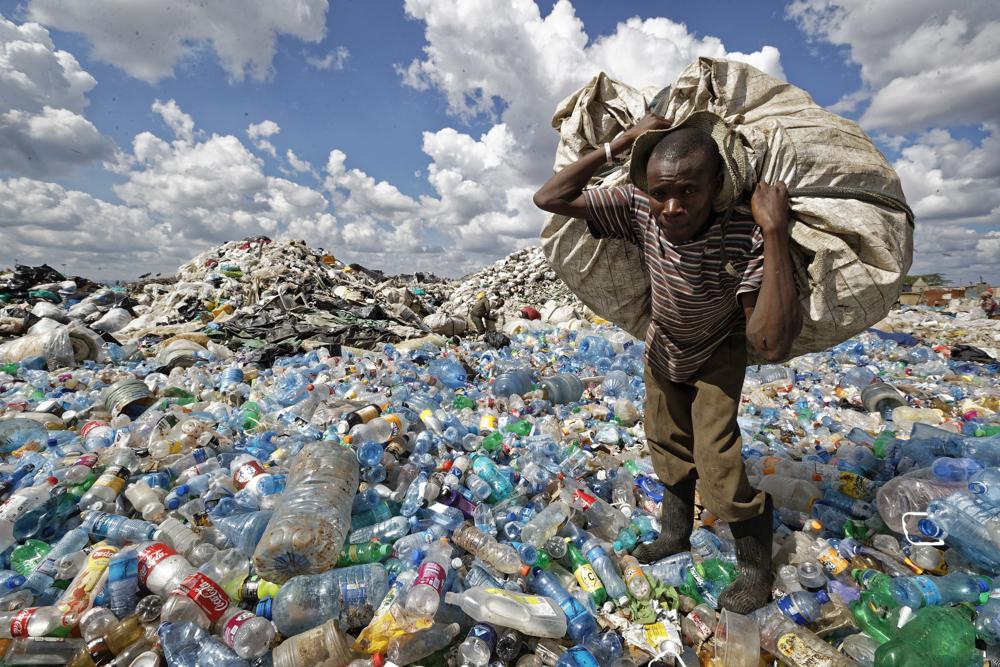
Associated Press
Why AP Media Bias Deserves High Level of Scrutiny
The Associated Press has historically been considered the "gold standard" of objective journalism. It operates a wire service, meaning local and national news organizations around the country use AP's content to fill gaps in their coverage. That means AP news content has extremely wide impact and reach.
As such, AllSides does particularly extensive analysis of AP. When AP displays political bias, or fails to portray political events, legislation, and perspectives in a balanced and even-handed way, the impact is broad and far-reaching. A media outlet that is relied upon by outlets all over the country deserves a high level of scrutiny when it comes to political bias.
Delegates from United Nations member countries are considering proposals for a binding global treaty to curb plastic pollution.
The U.N. Environment Assembly, meeting Feb. 28 to March 2 in Kenya’s capital Nairobi, is expected to propose an international framework to address the growing problem of plastic waste in the world’s oceans, rivers and landscape.
“For the first time in history, we are seeing unprecedented global momentum to tackle the plague of plastic pollution,” said U.N. Environment Program Executive Director Inger Andersen.
During preparations for the session, Andersen implored member states to take the opportunity to reshape humanity’s “relationship with plastic once and for all” by developing a comprehensive global agreement to combat the problem.
Two major proposals have emerged during years of international discussions about ways to reduce single use plastic.
The first, by Peru and Rwanda, calls for a full spectrum approach to plastic pollution, covering raw materials extraction, plastic production, as well as plastic use and disposal. It urges creation of “an international legally binding agreement ... to prevent and reduce plastic pollution in the environment, including micro plastics.”










